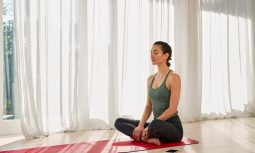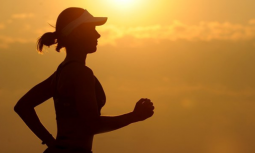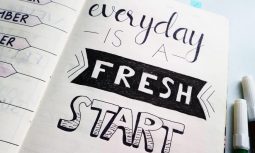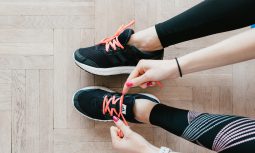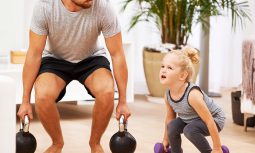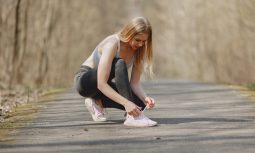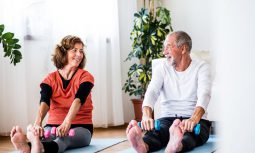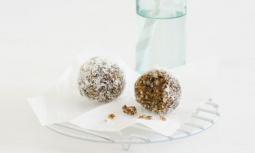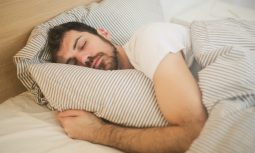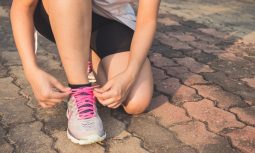We always talk about the importance of our nutrition and exercise to help us reach our fitness goals and feel better, but did you know that sleep plays an important role as well!
Changing our diet and keeping active should give us more energy, but if you are feeling run down, tired or having trouble dropping those last few kilos, we often ask ourselves what is missing – the answer is sleep!
Why is sleep important?
When you get a good nights sleep and are well-rested, you will perform at your best. This helps to improve our mood, our immune system, our appetite and our cardiovascular health. PLUS, it means we have more energy for our daily lifestyle and a more intense workout.
How does sleep affect my fitness?
Recovery time is critical to our fitness routines, it gives our body a chance to recover and repair. Our body does this best when we are asleep. We often think we build muscle in the gym, actually, muscle is stretched in the gym but is built up while we are resting and sleeping.
By getting enough sleep it is easier to maintain a healthy weight, we all know that feeling when you don’t get a good nights sleep. We feel irritable, unfocused, our appetite is out and just overall sluggish.
How much sleep should I be getting?
As we go through life, we sometimes find that sleep can be harder to find or that we just don’t need as much to function. Do you know how much sleep you should be getting?
- Children (5 – 13 years) – 9 – 11 hours per night
- Adolescents (14 – 17 years) – 8 – 10 hours per night
- Adults – 7 – 9 hours per night
- Older Adults (65 +) – 7 – 8 hours per night
How can I improve my sleep?
- Create a schedule – try to go to bed at the same time each night – even on weekends, gah I know!
- Make sure you aren’t hungry OR too full when you go to bed
- Make your room as dark and quiet as possible
- Create a bedtime routine – let’s try to avoid our phones and screen time
- Keep active throughout the day
- Limit your day time napping – Quarenteen napping included!
- Use mediation to help you relax
- Avoid caffeine and alcohol in the hours before bed
References:
https://www.sleephealthfoundation.org.au/files/pdfs/Sleep-Needs-Across-Lifespan.pdf
https://www.sleepfoundation.org/articles/diet-exercise-and-sleep
https://www.everydayhealth.com/fitness




